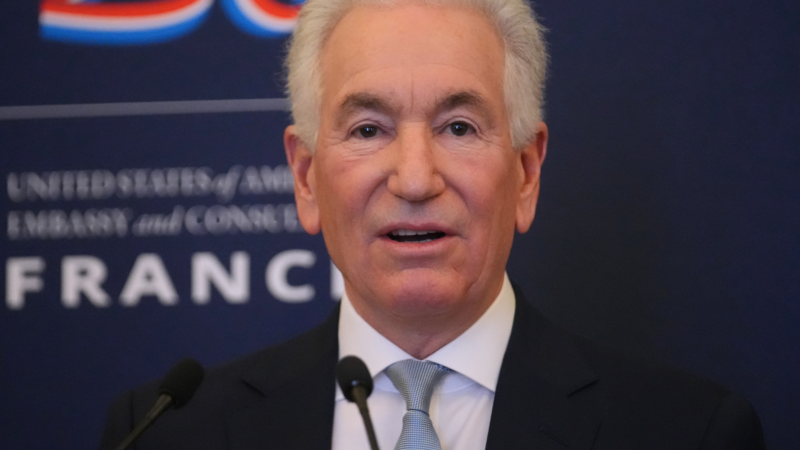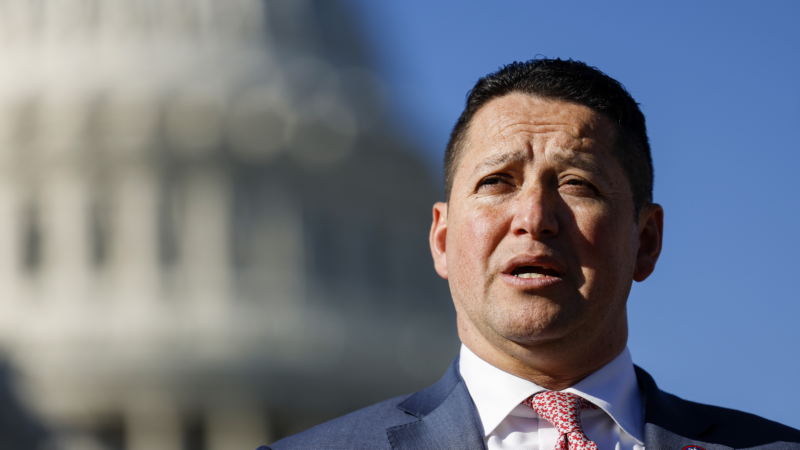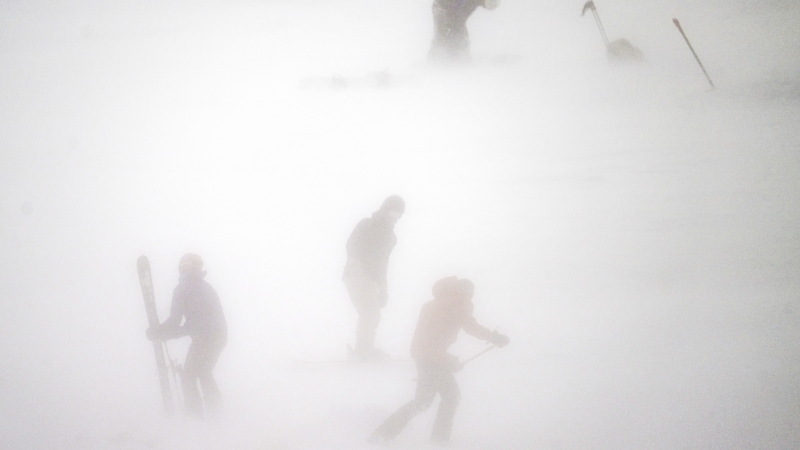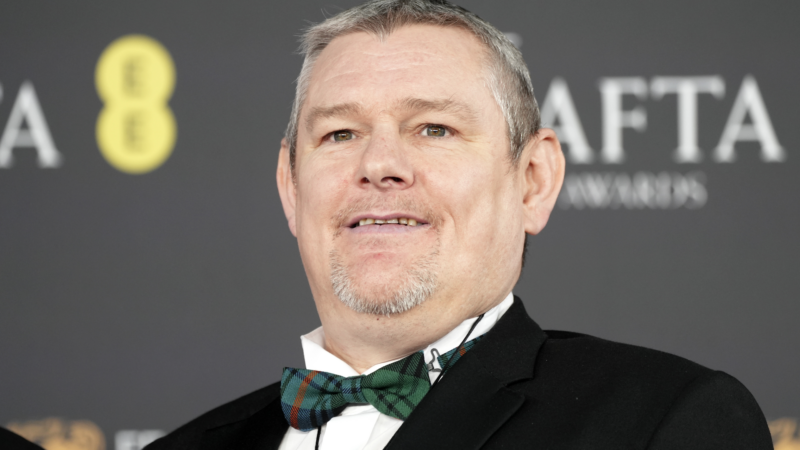Connecting With Seniors One Phone Call At A Time
Birmingham has a service for seniors that’s like few others in the country. It started in 2002 when the Crisis Center noticed older residents would call its emergency hotline because they were lonely. The organization developed the Senior Talk Line.
Through the service, volunteers such as Melvin Smith connect with people one phone call at a time.
On a recent afternoon, Smith sits at a desk and pulls a manila folder off the top of a stack nearby. Inside are notes about a woman he’s about to call.
For the next three hours, Smith will use the information in the folders as fodder for conversation. He dials the phone and waits for an answer before launching into his greeting.
“This is Melvin, volunteer with the Senior Talk Line. How are you today?” Melvin says.
On the Senior Talk Line, seniors do much of the talking. Smith hears about many things, from a trip to visit family to sweet potato pie, from grandchildren to church.
Sometimes he just leaves a voicemail. Sometimes the conversation drags on.
The goal is of the Senior Talk Line is to make regular contact.
“It’s like we’re checking in to see how they’re doing and to give them a chance to talk about whatever they need to talk about,” program coordinator Ana Sullivan says.
Right now the program serves about 80 people.
It works like this: residents 55 or older in Blount, Jefferson, St. Clair, Shelby and Walker counties can sign up. Volunteers call to chat 3 days a week. Those frequent calls mean sometimes they catch something wrong early, like if a person stopped taking his or her medicine. But the biggest difference between this and a traditional hotline is volunteers can share about themselves.
“We really see this as like a phone friendship where we get to know each other and we share about things going on in life and build that really authentic connection,” says Sullivan.
Volunteer Caroline Waggett has been building phone friendships over the past year. On this day, she hears about one woman’s dog who died. She gets an impromptu Birmingham history lesson from another senior.
Throughout the conversations the strains of aging poke through: a woman has trouble moving her arm, one woman doesn’t want to talk, just wants to go back to sleep. Waggett remembers one client who died.
“I can still hear her voice probably the first three or four weeks after she passed away,” Waggett says. “When I think about her, I can still hear her talking.”
Melvin Smith says he thought he was sensitive to the issues seniors deal with. But volunteering at the talk line has helped him understand better the aches and pains that come with aging as well as the loss of independence and isolation.
“Get a personal call and you’d be surprised how much dividends that would pay for them and ultimately for yourself as well,” says Smith.
Caroline Waggett believes the seniors live a little bit vicariously, like when she shares about her upcoming road trip to Maine. She promises to tell them about it during her next call.
The seniors will surely have something to share in return.
France moves to bar US Ambassador Charles Kushner from direct government access
France's top diplomat has requested that U.S. Ambassador Charles Kushner no longer be allowed direct access to members of the French government. Kushner skipped a meeting Monday to discuss comments by the Trump administration over the beating death of a far-right activist.
GOP Rep. Tony Gonzales faces pressure from party over affair allegations
The Texas Republican is facing calls from fellow House Republicans to resign, following allegations of an affair with a staffer who later died by suicide.
In pictures: Winter storm slams the east coast
Photos of cities in Connecticut, New York, New Jersey and Massachusetts as they cope with a powerful winter storm.
The FDA creates a quicker path for gene therapies
The Food and Drug Administration aims to evaluate treatments for rare diseases based on plausible evidence that they would work — without requiring a clinical trial first.
BAFTAs apologize after guest with Tourette syndrome uses racial slur during ceremony
A man with Tourette syndrome shouted a racial slur and other offensive remarks during the BAFTA awards ceremony Sunday. The BBC did not edit out his outbursts in its delayed broadcast.
‘Everything was in pieces:’ Lindsey Vonn describes grueling surgery on broken leg
In a recent video, the Olympic skier credits her surgeon with saving her leg from potential amputation.







